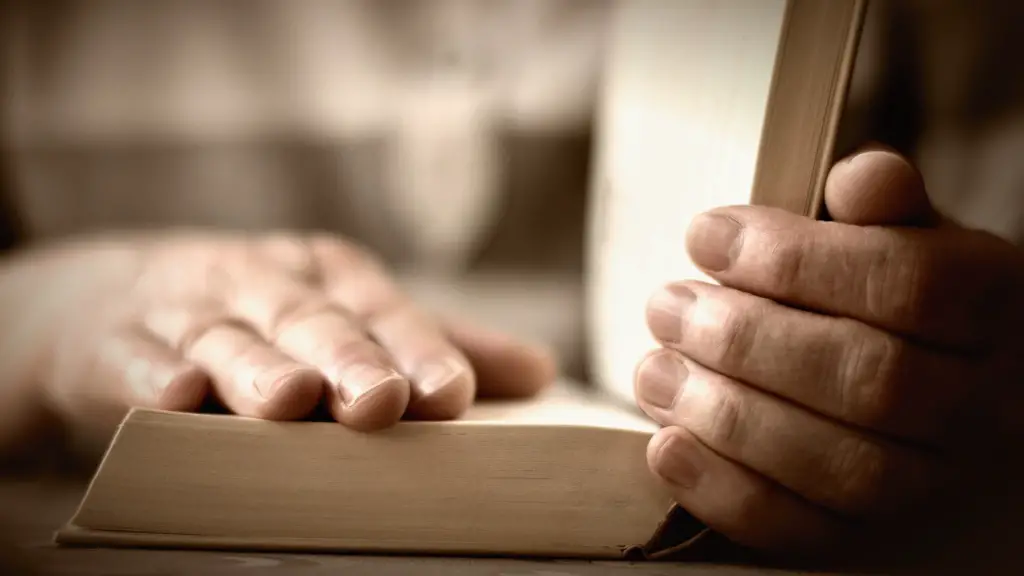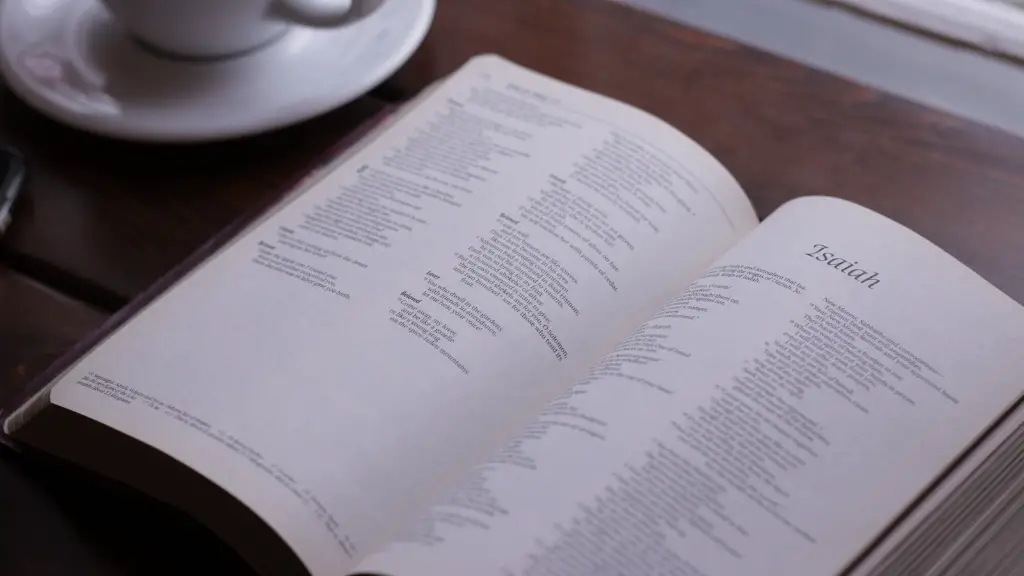Catholic Use of the Bible
The Bible, which includes both the Old and New Testaments, is the foundation of the Catholic faith. As a religious document, it is believed by Catholics to contain divinely inspired word of God, and gives profound guidance and insight on how to live a life pleasing to Him. Unlike some other faiths, Catholics interpret the Bible literally and take its teachings seriously, accepting all of it as authoritative and binding on their spiritual lives.
Study of Sacred Texts
Catholics typically spend significant time studying the Bible. Lectures, study groups, spiritual classes, and personal examination are encouraged, often in conjunction with other sacred texts, such as the writings of the early Church Fathers. Catholic scholars also use commentaries and other research to gain further insight into biblical interpretation. Certain passages are taught in Mass, often followed by a homily, and are typically brought to the forefront of church teachings.
Role of the Magisterium
The Church uses the Magisterium, which consists of the Pope, Cardinals and Bishops, to ensure that the teachings of the Bible are correctly interpreted by Catholics. By doing so, they ensure that dogma is established as the basis for Catholic teachings and beliefs, and protect it from being taken out of context and misinterpreted. The Magisterium is responsible for deciding on matters of doctrine and morality, which is why it has such a prominent role in Catholic understanding of the Bible.
Role of Scripture in Daily Life
Catholics use the Bible to guide their decisions in everyday life. The Bible is used to inspire action and provide insight and guidance on how to live out Christian values. Catholics pray with the Bible, use it to give spiritual solace and guidance, and look to its teachings as a moral compass for their daily lives. Additionally, the Bible is often a focal point for spiritual practices, such as meditation and fasting.
Biblical Literacy
Catholics strive to increase their biblical literacy and to internalize the teachings of the Bible in order to become more faithful followers of Christ. This can be done through memorizing passages, attending Bible study classes, and studying commentaries. While there is great value in diving deeply into the scriptures and discovering the deeper layers of meaning contained within, Catholics also strive to keep the Bible in its purest form, untainted by personal interpretations that may distort its true message.
Adherence to Catholic Tradition
Catholics take seriously the Bible’s many commands to do good, and strive to fulfill their calling to be faithful stewards of the world. As such, they are mindful of adhering to traditional Catholic practices and teachings in order to best align their lives with those of Christ. Catholics are also encouraged to actively participate in the sacraments and other Church activities, as well as to involve themselves in social justice initiatives such as helping the poor or advocating for refugees.
The Catholic Canon
In addition to the Bible, Catholics accept the authority of the official canon, which is the recognized set of books included as inspired by God. These works are held as authoritative on matters of faith and morals and are believed to have come directly from God. This canon includes the Old Testament, various apocryphal books, and the New Testament. The Catholic Church uses its official canon to ensure the authenticity and reliability of its scriptural teachings.
The Study of Scripture in Context
Catholics are taught to study the Bible not just as an individual collection of words, but as a narrative, with chapters and verses placed within the broader context of what was happening at the time and the significance of that in history. They understand the Bible was written over hundreds of years, with various authors and in multiple languages, and strive to properly interpret the original meaning of the scriptures in order to gain insight into the mind of God.
Bible Study Tools and Resources
In order to assist in the study of scripture, the Church makes available various tools and resources. People can find Bible versions suitable for study, study bibles and commentaries, resources on the Church’s stance on various Bible-related topics, and interactive study programs. These initiatives have made it easier for Catholics to take advantage of the wealth of Bible knowledge available and to more deeply understand and internalize its teachings.
The Bible in Catholic Mass
The Bible is also central to the Catholic Mass. During the Liturgy of the Word, scripture readings are proclaimed, typically by a deacon or a lay reader. Massgoers listen to the readings and reflect upon them, often praying silently at their seats or joining in a corporate recitation of a prayer. Additionally, the priest offers several comments each week on the reading, and often delivers a homily on a theme related to the passage. This helps to bring the words of scripture to life and to better understand their relevance to our daily lives.
Interpretation of Scripture Across Different Faiths
Catholic interpretation of the Bible differs from that of some other faiths, particularly in the way that scripture is interpreted literally. Other faiths may take more of a literal and less of a spiritual approach to various passages, while Catholics are willing to examine multiple angles and help determine the exact intent of biblical authors. This is why it is so important to carefully analyze and diligently study the Bible in order to get the full understanding of its teachings, and why Catholics put such emphasis on biblical interpretation.
The Bible’s Relevance in the 21st Century
The Bible remains highly relevant even in today’s fast-paced and ever-evolving world. Its guidance, wisdom, and love still offer answers to many of life’s questions, and its teachings are timeless. As such, Catholics continue to look to the Bible for insight into living a good and faithful life, as well as for guidance on a range of religious and moral issues. This makes it essential for Catholics to continue the study of this sacred document in order to gain a deeper understanding of the faith.



